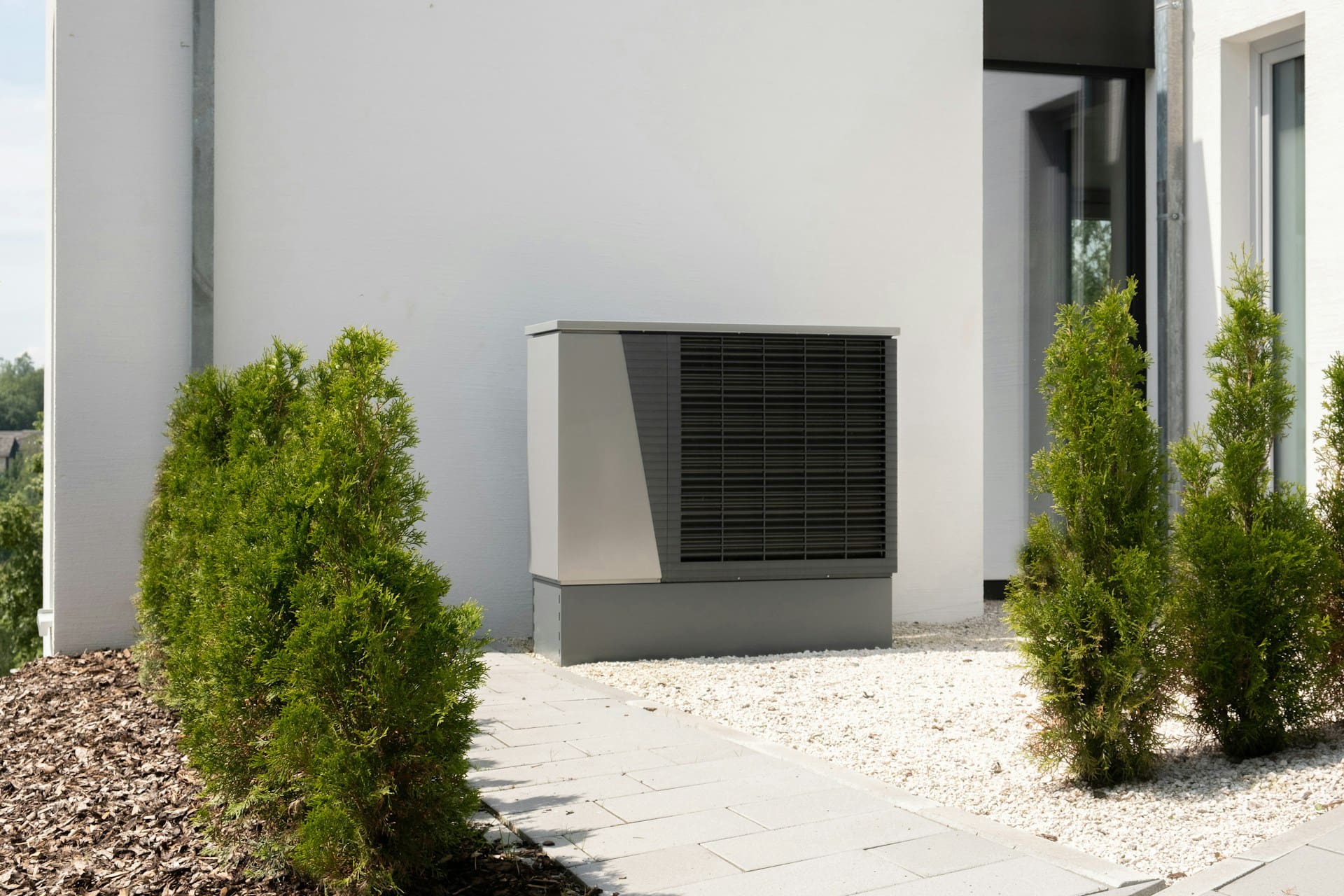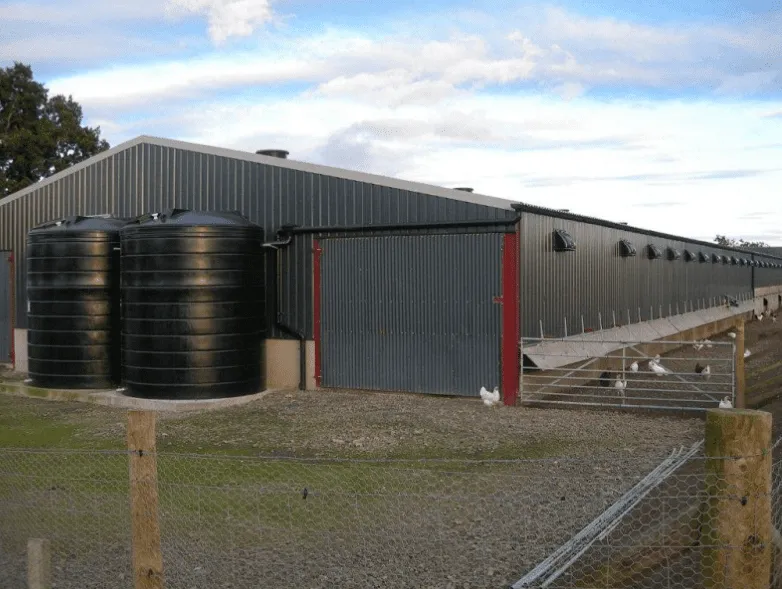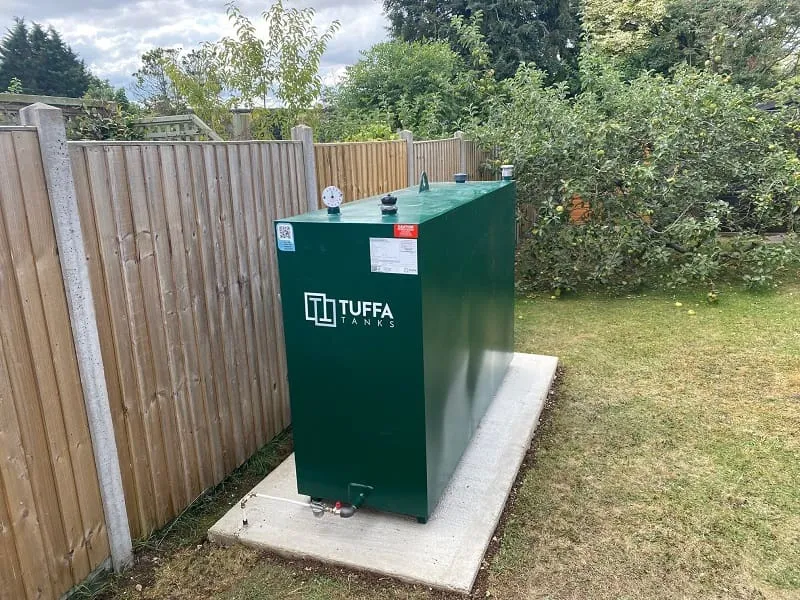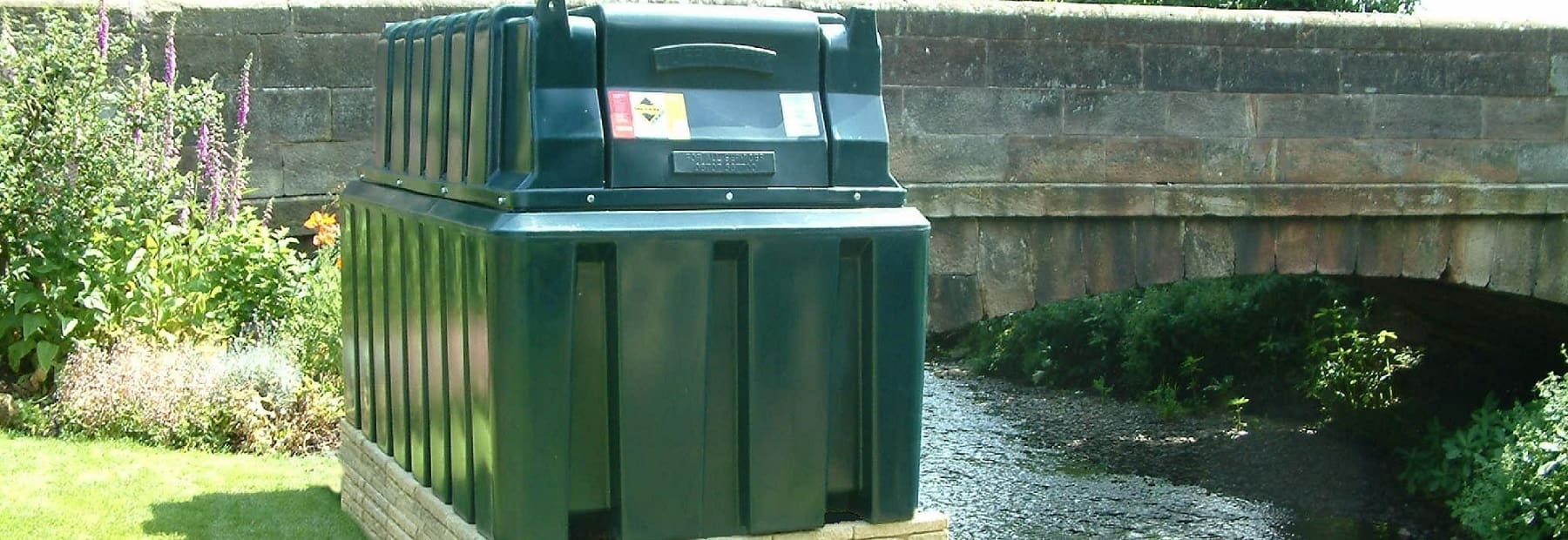Banks run credit checks before issuing loans, and schools and childcare get scrutinised before children are left in their care; the notion of protecting assets is one that occurs around the world on a daily basis.
When it comes to making purchases that are costly – such as buying a car, house or even a mobile phone, we often go to great lengths to protect it through insurance policies and extended warranties. It goes without saying that we should do the same for something as costly as a bunded fuel tank – especially when the tank is used to heat a home or business.
If you rely on a fuel tank for your home or business, then it is imperative that you keep it maintained and in good condition, protect it from external forces and have a backup plan should the worst happen. Protect your assets by investing in a bunded tank and make sure that any home or business insurance cover you hold includes your tank for additional security measures.
Bunded for Protection
The average fuel tank is available as single skin or with a bund for an extra layer of security. While single skin tanks can be adequate for some needs, a bunded fuel tank can offer more protection from waste and spillage as well as minimise the risk of environmental damage. The bunded tank has an overspill capacity of 110% to ensure that any accidents are contained with ease.
Oil spills can be dangerous for both humans and animals in the environment as they can rapidly contaminate water supplies and natural habitats before anyone has a chance to react. The extra layer of protection a bund provides can vastly reduce the risk of this happening. As well as this, cleaning up an oil spill – no matter what the scale – is both labour-intensive and costly. Can you afford to take the risk?
Are You Covered?
When utilising a bunded fuel tank, it is important to make sure that it is covered by your home or business insurance policy, to cover every eventuality.
Many insurance policies stipulate maintenance requirements regarding the upkeep of a fuel tank that must be upheld or your insurance policy will be deemed invalid. With this in mind, it is important that you make regular visual inspections, recording each in a log, along with oil gauge measurements.
You should be aware of the cover provided by your insurers, and seek out a policy that works in your favour in terms of maintenance repairs, accident cover, theft of fuel and any environmental clean-up required, should an accident occur.
Are your assets protected? For more information on our range of tanks, please contact our team, who are on hand to answer any questions or queries you may have.






























